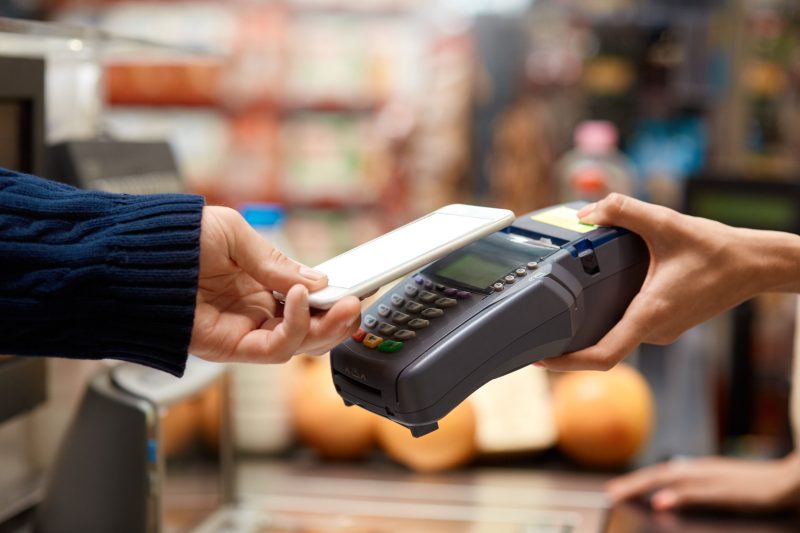Thailand has officially launched the first stage of its ambitious $14 billion stimulus plan aimed at revitalizing the country’s economy.
Dubbed the “digital wallet” scheme, the initiative is designed to provide financial relief to millions of citizens, eventually covering 45 million people who will each receive 10,000 baht.
The government believes this direct infusion of cash will drive consumer spending and generate economic momentum.
In the first phase, 14.5 million welfare cardholders and individuals with disabilities will receive the cash payout by the end of the month.
Prime Minister Paetongtarn Shinawatra, speaking at the program’s launch, expressed optimism about its impact:
Cash will be put into the hands of Thais and create a tornado of spending.
Government eyes economic recovery through spending
The digital wallet initiative was originally intended to operate via a smartphone app, allowing recipients to spend the funds within their local communities over six months.
Despite initial technical plans, the program begins with direct cash handouts as the government seeks to accelerate economic activity.
“There will be more stimulus measures, and we will move forward with the digital wallet policy,” the prime minister emphasized during her speech.
While the scheme is intended to jumpstart Southeast Asia’s second-largest economy, which is projected to grow by 2.6% this year following a modest 1.9% increase last year, the program has faced significant opposition.
Economists question fiscal responsibility
Despite the Thai government’s firm stance on the stimulus plan, concerns have been raised by economists, including two former governors of the central bank, who argue that the initiative is fiscally unsustainable.
Critics worry about the impact on national finances, especially as the government struggles to secure adequate funding to support the large-scale handouts.
However, the administration has stood by its decision, viewing the program as a necessary step to boost the country’s economic growth, which has lagged behind other nations in the region.
Thailand reconsiders tourism amid revenue concerns
In a separate move aimed at increasing government revenue, newly appointed Tourism Minister Sorawong Thienthong has announced plans to reintroduce a tourism tax that had been previously shelved by Prime Minister Srettha Thavisin.
The tax, which requires foreign visitors arriving by air to pay 300 baht, and those entering by sea or land to pay 150 baht, is expected to contribute to the government’s goal of increasing tourism revenue to at least 3 trillion baht this year.
Thienthong stated:
I believe the collection of the tourism fee benefits the tourism industry since the revenue can be used for the development of infrastructure and attractions, along with ensuring tourist safety.
However, the minister also indicated that the system’s readiness to collect these fees still needs to be assessed before finalizing a start date.
With these dual strategies—the digital wallet stimulus and the reintroduction of the tourism tax—Thailand’s government is aiming to both stimulate domestic spending and bolster its tourism sector, hoping to set the country on a path toward economic recovery in the face of both internal and external challenges.
The post Thailand embarks on $14 billion digital wallet scheme to boost economy appeared first on Invezz


